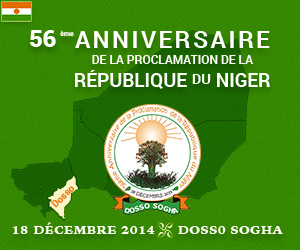:
The scarcity of foreign currencies in the country, especially the dollar, which has made it difficult for manufacturers of essential food items to import raw materials into the country, is threatening about 40,000 jobs.
Investigations by our correspondent showed that the high cost of importation due to unprecedented fall in the value of the naira has made importation difficult and expensive, thereby resulting in many factories operating far below their installed capacities.
It was also gathered that as a result of the currency crisis, the prices of essential food items were gradually rising as a direct consequence of the high cost of production and the imported substitutes becoming more expensive.
The naira, which has been taking a beating from the fall in global oil prices since mid-2014, tumbled to 391 against the dollar at the parallel market on Friday and has remained at the Central Bank of Nigeria-pegged 199 to $1 at the interbank market.
On January 11, the central bank stopped the sale of foreign currencies to Bureaux de Change operators as part of measures to reduce the pressure on the nation’s foreign reserves.
Since the announcement was made, the value of naira, which was 283 against the dollar at that time, has been depreciating.
Speaking with our correspondent on the effects of the falling currency on food manufacturers, the Executive Secretary, Association of Food, Beverage and Tobacco Employers, Mr. Aderemi Adegboyega, lamented that hundreds of jobs out of the 40,000 workforce in the sector had been lost already and that those still in employment were hanging on by the thread.
He said the business was no longer profitable and firms in the sector were shutting down because they could not afford to pay the salaries of workers, while producing very little.
“We need forex to buy raw materials as a lot of our companies are producing below capacity, which is a big problem. As we are not manufacturing, it means that some of our employees are going to lose their jobs. In our industry alone, we have about 40,000 jobs, and if care is not taken, there will be a lot of loss in terms of the jobs,” Adegboyega warned.
While analysing the precarious situation in the manufacturing and trade sectors, the Director-General, Lagos Chamber of Commerce and Industry, Mr. Muda Yusuf, said many organisations were becoming insolvent due to accumulated debts owed foreign suppliers.
Yusuf stated, “Many have slowed down their operations because of lack of forex, and many companies are not able to pay their suppliers abroad; for those who took goods on credit, the situation has created a major credibility problem for them. And because of that, some of them have lost their credit lines.
“Many foreign airlines operating in the country cannot remit proceeds to their home countries. For those who are buying and selling; if they get the money to buy, how are they going to sell? It is a very serious situation.”
Meanwhile, both local and imported food items have become expensive due to the scarcity of dollars and the restrictions placed by the CBN on importers of certain food items from assessing foreign exchange from the official source.
Article publié le mardi 23 février 2016
1096 lectures

 Voir tous les produits
Voir tous les produits



 Dernières publications dans cette catégorie
Dernières publications dans cette catégorie



